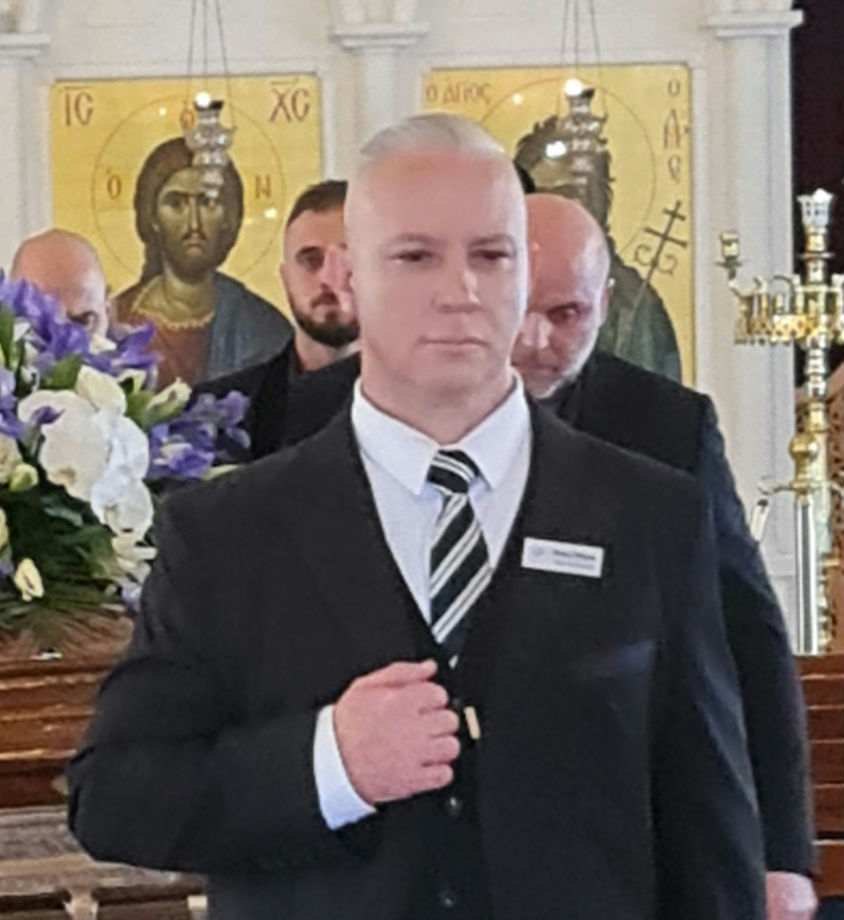When Memories Become Clutter: Understanding Hoarding and Grief
- Bruce Missen
- Oct 5, 2025
- 3 min read
Grief is a deeply personal journey, and its impact often reaches far beyond just emotions. Sometimes, it quietly shapes the way we live—turning our homes into places where memories and belongings gather, not just out of habit, but as a heartfelt way to hold on. For many families, hoarding after loss is a hidden expression of love and longing, a way to keep the presence of a loved one close when their absence feels unbearable.
The Tender Connection Between Grief and Holding On
After someone we love passes, every little thing that belonged to them can feel like a precious piece of their story — their clothes, their books, even the smallest keepsakes. Letting go of these can feel like letting go of the person themselves. It’s a natural response, a tender way to extend the love beyond the limits of time.
But over time, what started as comfort can begin to feel overwhelming. Spaces once warm with memories can become heavy with emotion and clutter, making it hard to find peace or even a quiet moment.
Why Letting Go Feels So Hard

When grieving, the heart clings to what’s familiar in a world suddenly so uncertain. Holding on to things can feel like holding on to the moments shared, the laughter, the whispers, and the hugs — the very essence of connection.
It’s important to understand that this is not about being messy or careless. It’s about carrying love in a way that feels safe, especially when the pain of loss still feels too raw. Sometimes, what looks like hoarding is actually the soul’s attempt to protect itself.
Feeling Alone in the Clutter
Many who live with this struggle feel deep loneliness and shame. They may worry others will not understand or might judge their attachment to belongings. This isolation can make the grief feel even heavier and keeps the healing trapped under piles of memories.
For families, witnessing a loved one living this way can be heart-wrenching — a silent plea for help wrapped in everyday objects. It calls for patience, love, and gentle understanding rather than frustration.
Extending Kindness and Support
If you or someone you love is finding it hard to part with things after loss, remember this: you are not alone, and your feelings are real and valid. Healing doesn’t mean forgetting. It means finding ways to carry love forward, gently, at your own pace.
Here are some loving ways to start:
Talk openly about the memories behind each special item. Sharing stories helps honour both the past and the path ahead.
Consider creating a small memory box or photo album — a place where treasured moments live without overwhelming your space.
Reach out to grief counsellors or support groups who know this journey intimately and can walk alongside you with kindness.
Allow yourself permission to feel every emotion, from sadness to love, anger to hope — all are part of healing.

For Families Supporting Each Other
Support looks like listening without judgment, offering a hand instead of a demand to clean up, and always remembering that grief has its own timeline. It’s okay to ask, “What do you need right now?” and to simply be there. Small acts of presence often mean the most.
A Gentle Light Ahead
Grief can make us feel lost, but within it lies the possibility to find new ways to remember, celebrate, and live with love that never fades. Every treasured item, every story told, is a step toward peace.
At our funeral home, we honour every grieving heart and offer compassionate support to families navigating these tender moments. Together, we’re walking a path from holding on tightly, to holding memories gently — with grace, love, and understanding.








Comments